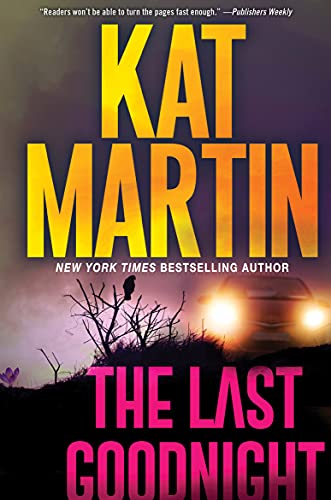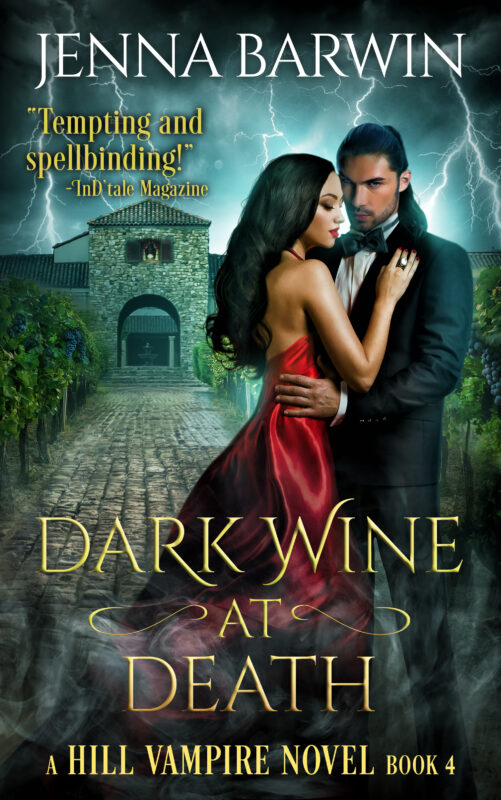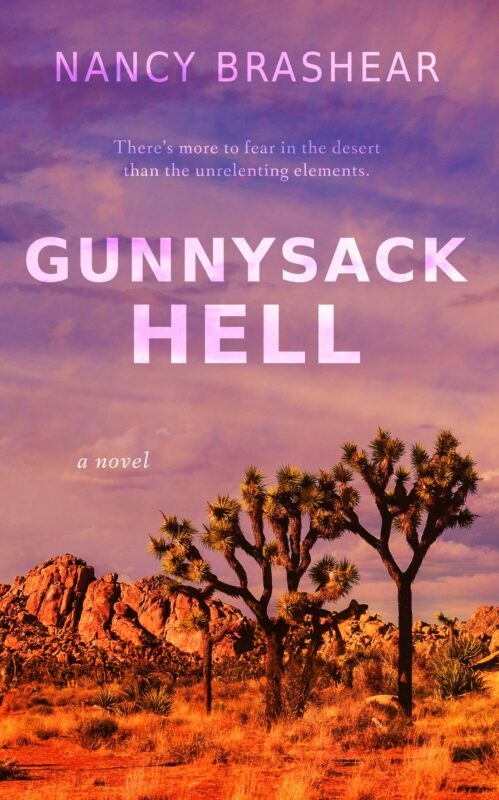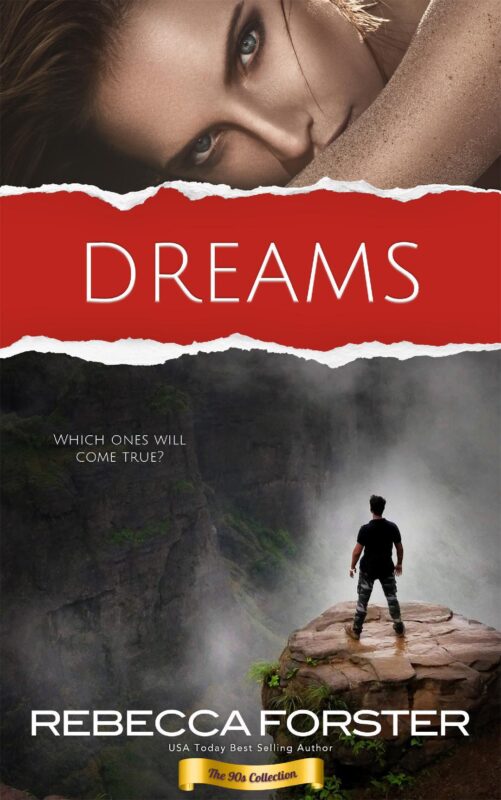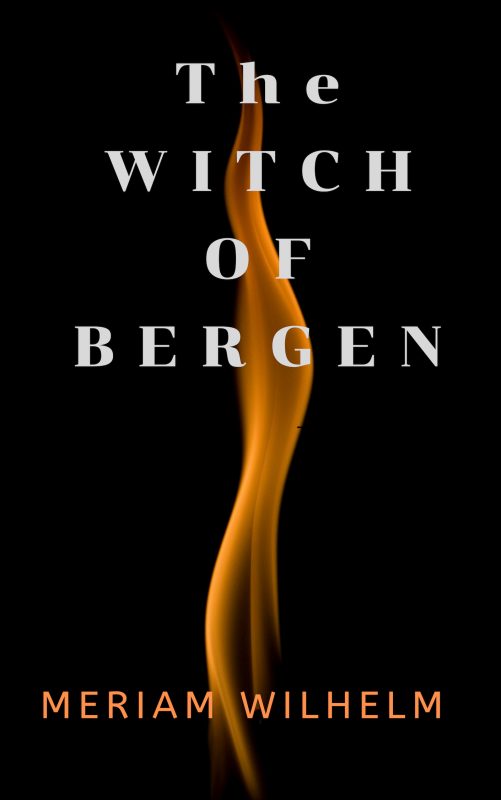OCC Proudly Presents Two Contests for 2020
February 24, 2020 by A Slice of Orange in category Writing Contest tagged as Contests, Orange Rose Contest, The BBB Contest

Book Buyers Best Contest
Open to works of romantic fiction published in 2019.
Contest opens January 15, 2020
Deadline for receiving manuscripts is April 15, 2020
Hello published writers!
We wanted to let you know that OCC/RWA is running our annual Book Buyers Best Contest for any author who has published a work of fiction any time during 2019 (traditional or self-published). The contest is open now and closes on April 15th. We welcome you to submit to our contest.
Here is the link describing the contest rules.
Please email us if you have any further questions.
—————————–
Cathleen Armstrong and Nancy Brashear
BBB Coordinators
——————————

The 37th Orange Rose Contest for Emerging Authors
Open to unpublished fiction in all genres.
Contest opens January 15, 2020
Deadline April 15, 2020
For more information or to enter the contest follow this LINK
Everyday People by Veronica Jorge
February 22, 2020 by Veronica Jorge in category Write From the Heart by Veronica Jorge tagged as news, Social Media, writing, writing life
While there is so much concern and controversy over climate change, I am more fearful about the future of our own environment: that of words, writing and speaking.
Nowadays, it seems that one must be a meteorologist; able to gauge and predict social climatic conditions, because you never know who you might offend if your views run contrary to the prevailing winds. A particular topic might heat things up. A storm rages. The dissenting voice is silenced.
It seems we are still living the lyrics to the popular 1968 song by Sly and the Family Stone, Everyday People:
“…There is a blue one who can’t accept the green one
For living with a fat one, trying to be a skinny one…

The news, social media, college campuses, and politics will most likely continue their tug of war. But I hope that the writing community will elevate itself above that fray and be able to provide a safe haven where every voice lifts up on the wings of freedom, and where every voice is welcomed and heard.
See you next time on March 22nd.
Veronica Jorge
Sensitivity Editors, Yes or No?
February 21, 2020 by The Extra Squeeze in category Featured Author of the Month, The Extra Squeeze by The Extra Squeeze Team tagged as H.O. Charles, Jenny Jensen, Rebecca Forster., Robin Blakely, Sensitivity Editors, The Extra Squeeze
Each Friday in February we’ll be featuring The Extra Squeeze Team.
Ever wonder what industry professionals think about the issues that can really impact our careers? Each month The Extra Squeeze features a fresh topic related to books and publishing.
Amazon mover and shaker Rebecca Forster and her handpicked team of book professionals offer frank responses from the POV of each of their specialties — Writing, Editing, PR/Biz Development, and Cover Design.
Have you a question for The Extra Squeeze Team? Send them to us by using this handy link.

Today’s topic for The Extra Squeeze Team came from this article in the Chicago Tribune.
Dear Extra Squeeze Team, Sensitivity Editors, Yes or NO?

Rebecca Forster
USA Today Bestselling author of 35 books, including the Witness series and the new Finn O’Brien series.
When I was a new author, I received a letter from a reader accusing me of being racist for using a certain adjective to describe a character of color. I was disturbed because I had offended the reader but upon reflection, I came to believe I had done nothing wrong.
I take my craft very seriously, choosing every word carefully to create a deeply visual reading experience and to express various points of view. If sensitivity editors become the norm, I will begin to second guess those words and the result will level a playing field that should be filled with intellectual and emotional obstacles. I believe it is better for a reader to close a book and to reject a writer’s work than to hobble the creative exploration of the world around us.

Jenny Jensen
Developmental editor who has worked for twenty plus years with new and established authors of both fiction and non-fiction, traditional and indie.
Part of editing is sensitivity — to the tone of the book and to the needs of the market. I’ve worked on manuscripts where the content is offensive. I ask myself, is that offensive to me, or to the market?
I’m not in the business of censorship; my personal sensibilities are not the point. However, as a story editor it is my business to point out when the narrative is boring, adds nothing, or employs language that is likely to offend the intended market.
‘Sensitivity’ is relative. To edit only for insensitive material blurs, to near invisibility, the line between editing for good writing and suppression of open expression. A good editor will point out insensitivity. It is up to the author to accept or reject the edit.
Robin Blakely
PR/Business Development coach for writers and artists; CEO, Creative Center of America; member, Forbes Coaches Council.
I am in the business of promoting author brands, so my interest in the trend of hiring a sensitivity editor is focused on the impact such a thing can have on author PR and book publicity. To cut to the chase, I’m not a fan—yet.
Here’s why… For many readers, a book can help reflect what is wrong in the world even if the author was not trying to paint the picture of the world that the book ultimately reveals. Straight up, I think most readers are smart and I know they deserve to be treated with honesty and extreme care. From a PR perspective, it is important to me that the reader always meets the real author—no masks. That means reader/writer relationships must be authentic to the writer and genuinely tied to the writer’s real work. Readers trust real and I trust that most writers are sensitive enough to choose words that accurately reflect their point of view and their reality.
If the author is heavily censored, overhauled, and cloaked by a sensitivity editor, then the reader is shaking the hand of a gloved stranger. From a PR-perspective, I have encountered authors who need a wake-up call regarding the impact of their voices and their word choices. Sensitivity editors can offer feedback that broadens the author’s awareness. Or, the sensitivity editor can enable the author to be masked in a way that is unfair to the buyer of the product.
Many years ago, as a young mom, I encountered a parenting handbook that had not been edited by a sensitivity editor. The medical expert was biased against me. The author’s words perpetuated the myth that infertility was a cosmic sign and that chronic childhood illness, particularly asthma, should be largely blamed on the parent, especially if the mom was a working mother. Luckily, I was not hurt by that book’s lack of sensitivity editing; in fact, I believe I was protected by the lack of it. The author’s own uncensored words made it easy for me to discern that he was not good enough to offer advice to me about my baby. I threw that book away and found a better author.
Today, when I am asked: “sensitivity editor or not?”; I like to say: “That’s up to you.” I remain on the fence. I don’t like censorship…but, I don’t like dumb stereotypes either—especially hurtful stereotypes about young moms, children with chronic illness, people of color, single parents, older adults, immigrants, communities of faith, families living in rural areas, or the inner cities, or the suburbs. When it comes to sensitivity, there are as many stereotypes as there are people. The real world is not very sensitive. As a reader and as a PR professional, I like to know exactly who wrote the words I am reading…and if you had to use a sensitivity editor, I would likely wonder why.
H.O. Charles
Cover designer and author of the fantasy series, The Fireblade Array
I think there are two types of offensive content in this context. One is where the author knowingly intends to shock or set a certain tone by using language that some/many will consider offensive. The second is unknowing offence, where the author – either through ignorance or accident – employs language/story lines that are unintentionally patronising to, or dismissive of, one group of people.
The sensitivity readers in that article seem to be dealing exclusively with the second type, and my initial response is: Great! An editor like that will help the writer produce a contemporary novel that speaks from the social outlook we should be aiming for today (even if we write historical fiction). On the other hand, this sounds like research the author should have already done themselves. If the author is writing about a specific group of people who use language in a manner that is different from their own, then surely that writer should have researched such a group thoroughly already? Perhaps employing a sensitivity reader instead of doing one’s own research is easier now we have the interwebs, and it involves less travelling, so there’s that(!).
But the downside is that the writer will be relying upon the opinion and outlook of **one** reader. I do not believe I represent ALL northerners (in the UK, that is), and while I may be worried about stereotypes of people from Yorkshire having low educational attainment, the next Yorkshire person might think it is even worse to be conflated with a Lancastrian! And then there are the Scots, who are technically northerners in the UK too, and could feel the term’s applicability to Yorkshire/Lancashire reflects the Englishman’s arrogant tendency to forget they exist…
Another thing worth considering is that the nature of offence changes over time, and in spite of our best attempts, no single book will ever be truly inoffensive to everyone. What we write innocently today may be judged differently tomorrow (let’s imagine, for example, that meat-eating or using gendered pronouns becomes abhorrent to future generations – how would that alter the way you write your characters?!). That’s not to say we should abandon conveying our own sense of morality in our novels, or rejoice in our own ignorance, or that we should aim for anything other than the best book we can write, just that we should be aware that pleasing everyone for all the years to come is impossible.
What do you think of Sensitivity Editors? Scroll down to the comment section and tell us what you think.
If you would like to know more about Sensitivity Editors, here are a few links:
Do you have a question or topic for The Extra Squeeze Team? Use this LINK to send us your ideas.
Seeking Inspiration From The Dark Corners Of My Closet
February 20, 2020 by Meriam Wilhelm in category WritingI have a beautiful room in my home where I write and sew everyday. The walls are a lovely warm and fuzzy peach color and I revel in the joys of having my very own private domain to work in. My talented husband installed cherry cabinets, a murphy bed and a very large table that folds down. I have bookshelves filled to the max with everything one might need to write or sew and a super computer. A large barn door covers a sometimes organized- although often not – cupboard, shamefully filled with more fabric than I could ever hope to use in a lifetime. Large windows let in tons of sunlight and ocean breezes and I often find inspiration just staring off into rolling hills of green. It seems like the perfect place to write and it usually is.
But yesterday, I ran into a glitch when I decided that the story I was working on needed a dark twist. I wanted to paint my character in shades of loneliness, sadness, perhaps even despair. My heroine was having mystical dilemmas that caused her heartache and pain and my happy, sunny domain just didn’t support the creation of those kinds of feelings. I tried to refashion my environment to support my writing needs. I outlined in my head where I wanted my storyline to go, I put on soft, melancholy music, closed the shades and dug down deep into my soul and waited for dramatic feelings to flow. But none came, I was totally stymied.
That night, I switched my writing spot to my moonlit back yard hoping for inspiration to hit. It was dark and cold and maybe even a little lonely. But the only thing that happened was that I got the sniffles from the fog that rolled in, enveloping me in damp blankets of white. This morning, determined to create the blues, I returned to my office, chastising myself for not just jumping in earlier. After all, I know what it feels like to be sad, to feel lost, wanting to tuck myself away and I was confused as to why I was having so much trouble tapping into those emotions. It was then that I realized that I had the perfect place to nurture those feelings – my closet. It’s the one place where I fled to when my mom died and I needed to remember, to feel and ultimately to cry. And cry I did in my silent hiding place.
Located on our second floor, is a very large walk-in closet and although it has a couple of small windows, closing the door and dropping the shades, effectively shuts out the world at large. This dark hole offered the perfect hiding place in which to create my whirlwind of dark emotion.
Grabbing my laptop, I headed upstairs, determined to write. Closing the door, I sat down on the carpeted floor, flipped open my laptop and began. I envisioned my main character, the turmoil she was feeling, the confusion and angst that plagued her and the sorrow that consumed her and I wrote. I never heard the phone ringing or the shouts from my husband. I just wrote. And within a couple of hours, I had created the world I had been searching for.
As I headed back downstairs, I met my husband who asked, “Where were you? I couldn’t find you. Didn’t you hear me calling you? Your sister phoned. I told her that you must have gone for a walk.”
I smiled. I’m glad that he hadn’t found me sitting on the floor in my dark closet, he might not have understood. I’m afraid he would have freaked him out. But for that one moment, my closet offered me the ideal place to feel, to imagine and to write. I hope that you find your own perfect writing place.
Writing The Dreaded Book Blurb by Jenny Jensen
February 19, 2020 by Jenny Jensen in category On writing . . . by Jenny Jensen tagged as Blrubs, clickbait, Marketing, writingFrom Our Archives

Cartoons by John Atkinson, www.wronghands1.com
Writing The Dreaded Book Blurb
Every author faces this last crucial challenge. You’ve already spent untold hours researching, writing and editing your book. Your title hits just the right poetic note. You’ve gone several tense rounds to find the perfect cover. All that remains is the book blurb, the opening salvo in the promotional war. This is the first (and sometimes only) chance to grab a reader and compel them to buy the book. And so, like click bait, you need to lure your reader with an honest but irresistible snap shot.
It’s an art, this writing of a synopsis that isn’t a synopsis, this sell copy that isn’t an ad. And for something that isn’t a science there are strict rules: you have to be honest – no misleading the reader. No spoilers or why bother to read it – which can be tough since the spoiler is often the most exciting part of the story. Keep it at 200 words or less and don’t make it one run-on paragraph. Use the proper keywords for your genre. Reveal something about the antagonist – readers like to know if they can root for the hero. This isn’t the place to relate the entire plot but you have to provide the zeitgeist, the feel of the tale. No easy task.
A lot of the writers I work with find this daunting and ask for help, which I am happy to provide. I think it’s difficult for the writer to step far enough away from their work to pick out the enticing, salient points and present them with the tension and intrigue that make for a successful blurb. To the author, all story points are important. I get that, but as an avid reader I know what works for me in a blurb. It’s not how much is said, but how compellingly it’s said.
I start with a deconstruction approach. It’s possible to distill any story down to bare bones. In his book Hit Lit – Cracking the Code of the Twentieth Century’s Biggest Bestsellers James W. Hall provided the most distilled example I’ve ever seen. This is a beloved tale that we all know intimately: “A young girl wakes in a surreal landscape and murders the first woman she sees. She teams with three strangers and does it again.” It’s short, accurate and intriguing but would it sell the book?
I wouldn’t distill it down that far but it makes a great beginning. What if we knew something about the young girl – an orphan, a princess, a refugee? And what about the surreal landscape – gaping desert, oozing swamp, forbidding mountains? Then the three strangers – female, male, older, menacing, kindly? Is all this murdering spurred by necessity, thrills, defense, the three strangers or is it unintended manslaughter? And finally, what is the young girl up to – revenge, enlightenment, finding a way out of the surreal landscape? Flesh out those points, add some genre keywords, reference any kudos and you could turn those original 24 spartan words into a 160 – 200 word blurb that would peak curiosity and entice the shopper to buy.
If you can step away from the totality of your story and deconstruct the plot to the primary elements, then present those elements in a provocative way you can create an effective selling tool with your book blurb. BTW, that book Hall described? The Wizard of Oz.
Jenny
Affiliate Links
A Slice of Orange is an affiliate with some of the booksellers listed on this website, including Barnes & Nobel, Books A Million, iBooks, Kobo, and Smashwords. This means A Slice of Orange may earn a small advertising fee from sales made through the links used on this website. There are reminders of these affiliate links on the pages for individual books.
Search A Slice of Orange
Find a Column
Archives
Featured Books
THE LAST GOODNIGHT
With another body turning up, one woman is hot on the trail of a killer . . .
More info →DARK WINE AT DEATH
A seductive spy. A powerful vampire. A traitor in their midst...
More info →THE WITCH OF BERGEN
Travel back through time with Carynn Cinnamon as she embraces romance, witchery, mystery, and joy
More info →Newsletter
Contributing Authors
Search A Slice of Orange
Find a Column
Archives
Authors in the Bookstore
- A. E. Decker
- A. J. Scudiere
- A.J. Sidransky
- Abby Collette
- Alanna Lucus
- Albert Marrin
- Alice Duncan
- Alina K. Field
- Alison Green Myers
- Andi Lawrencovna
- Andrew C Raiford
- Angela Pryce
- Aviva Vaughn
- Barbara Ankrum
- Bethlehem Writers Group, LLC
- Carol L. Wright
- Celeste Barclay
- Christina Alexandra
- Christopher D. Ochs
- Claire Davon
- Claire Naden
- Courtnee Turner Hoyle
- Courtney Annicchiarico
- D. Lieber
- Daniel V. Meier Jr.
- Debra Dixon
- Debra H. Goldstein
- Debra Holland
- Dee Ann Palmer
- Denise M. Colby
- Diane Benefiel
- Diane Sismour
- Dianna Sinovic
- DT Krippene
- E.B. Dawson
- Emilie Dallaire
- Emily Brightwell
- Emily PW Murphy
- Fae Rowen
- Faith L. Justice
- Frances Amati
- Geralyn Corcillo
- Glynnis Campbell
- Greg Jolley
- H. O. Charles
- Jaclyn Roché
- Jacqueline Diamond
- Janet Lynn and Will Zeilinger
- Jeff Baird
- Jenna Barwin
- Jenne Kern
- Jennifer D. Bokal
- Jennifer Lyon
- Jerome W. McFadden
- Jill Piscitello
- Jina Bacarr
- Jo A. Hiestand
- Jodi Bogert
- Jolina Petersheim
- Jonathan Maberry
- Joy Allyson
- Judy Duarte
- Justin Murphy
- Justine Davis
- Kat Martin
- Kidd Wadsworth
- Kitty Bucholtz
- Kristy Tate
- Larry Deibert
- Larry Hamilton
- Laura Drake
- Laurie Stevens
- Leslie Knowles
- Li-Ying Lundquist
- Linda Carroll-Bradd
- Linda Lappin
- Linda McLaughlin
- Linda O. Johnston
- Lisa Preston
- Lolo Paige
- Loran Holt
- Lyssa Kay Adams
- Madeline Ash
- Margarita Engle
- Marguerite Quantaine
- Marianne H. Donley
- Mary Castillo
- Maureen Klovers
- Megan Haskell
- Melanie Waterbury
- Melissa Chambers
- Melodie Winawer
- Meriam Wilhelm
- Mikel J. Wilson
- Mindy Neff
- Monica McCabe
- Nancy Brashear
- Neetu Malik
- Nikki Prince
- Once Upon Anthologies
- Paula Gail Benson
- Penny Reid
- Peter Barbour
- Priscilla Oliveras
- R. H. Kohno
- Rachel Hailey
- Ralph Hieb
- Ramcy Diek
- Ransom Stephens
- Rebecca Forster
- Renae Wrich
- Roxy Matthews
- Ryder Hunte Clancy
- Sally Paradysz
- Simone de Muñoz
- Sophie Barnes
- Susan Squires
- T. D. Fox
- Tara C. Allred
- Tara Lain
- Tari Lynn Jewett
- Terri Osburn
- Tracy Reed
- Vera Jane Cook
- Vicki Crum
- Writing Something Romantic
Affiliate Links
A Slice of Orange is an affiliate with some of the booksellers listed on this website, including Barnes & Nobel, Books A Million, iBooks, Kobo, and Smashwords. This means A Slice of Orange may earn a small advertising fee from sales made through the links used on this website. There are reminders of these affiliate links on the pages for individual books.

